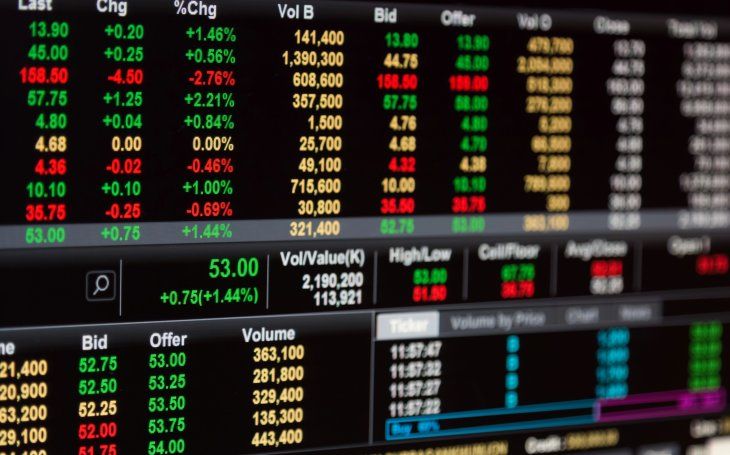The Nikkei had its biggest percentage drop since Black Monday on October 20, 1987, when it fell 14.9%. What did the Japanese government say to keep investors calm?
The main index of the Tokyo Stock Exchange, the Nikkei, plummeted 13.4% on Monday, the second largest percentage drop in its history, dragged down by the strengthening of the yen following the latest rate hike by the Bank of Japan (BoJ), and fears of a US recession.
The content you want to access is exclusive for subscribers.
The Nikkei, which includes the 225 most representative stocks on the market, closed with a drop of 13.4% or 31,078.00 points. The Topix, which includes the companies in the main section, those with the largest capitalisation, fell a similar 12.23% or 310.45 points, to 2,227.15 units.


In this way, the Nikkei posted its biggest percentage drop since Black Mondayon October 20, 1987, when it depreciated by 14.9%, and also its biggest drop in points in history, exceeding 3,836.48, also on that day.
Tokyo Stock Exchange: Down More Than 25% in Three Weeks
The index reached 42,426.77 points on July 11, marking an all-time high, spurred on by the continued depreciation of the yen. Since then, the index has fallen by 25.5% to 10,765.60 points.
markets stocks finance investments guru vivo stock exchanges bonds

For almost a month, the index has plummeted by more than 25%
Depositphotos
Japan calls for calm and confidence in its economy
The Japanese government, for its part, sent a message of calm after the stock market crash on Monday. The government is “closely monitoring the fall of the stock market,” said Japanese Finance Minister Shunichi Suzuki, hours after the crash, which according to analysts was motivated by the sharp strengthening of the yen, which today moved between 141.68 and 146.63 units per dollar.
This remarkable appreciation comes after the last week’s decision by the Bank of Japan (BoJ) to undertake its second increase in reference interest rates so far this year, to set it at 0.25%, and fears of a recession in the United States, following its most recent employment data, which were much worse than expected.
This has sparked expectations that the United States Federal Reserve (Fed) accelerate the pace of its planned rate cuts, which would shorten the distance of monetary policies of both powers, a gap that has been, in fact, the main factor in the appreciation of the yen against the dollar in recent years.
“It is desirable that the yen moves in a stable manner based on fundamentals and we will closely monitor the currency market,” taking appropriate decisions “calmly,” said the Japanese financial official in this regard.
Source: Ambito
I am a 24-year-old writer and journalist who has been working in the news industry for the past two years. I write primarily about market news, so if you’re looking for insights into what’s going on in the stock market or economic indicators, you’ve come to the right place. I also dabble in writing articles on lifestyle trends and pop culture news.




